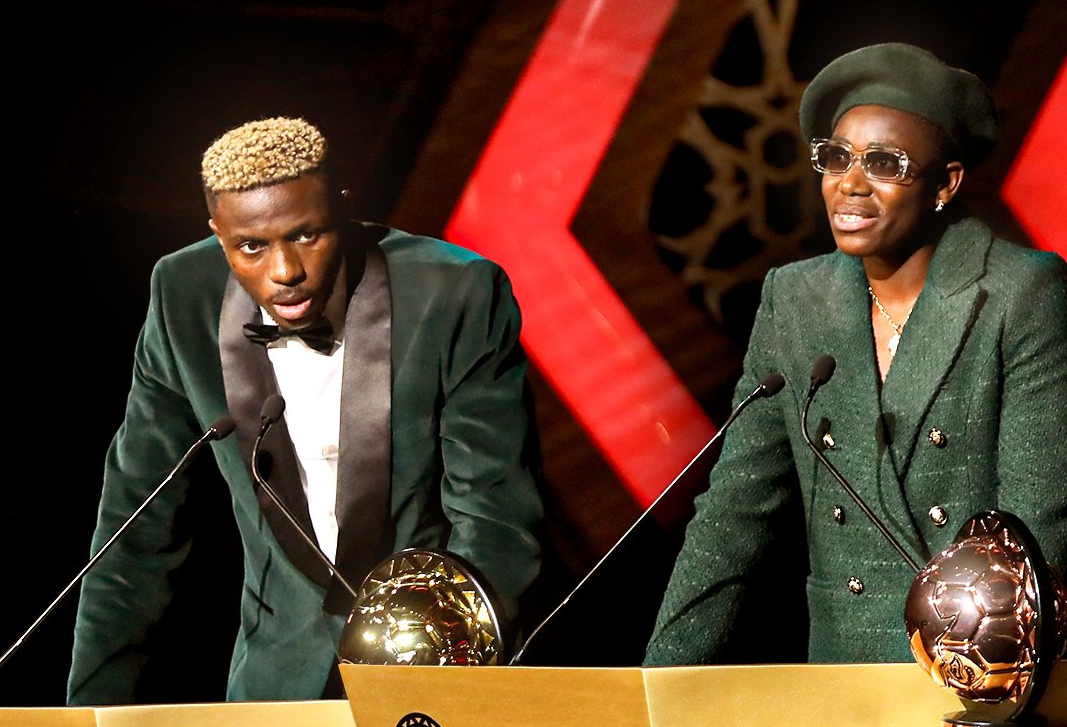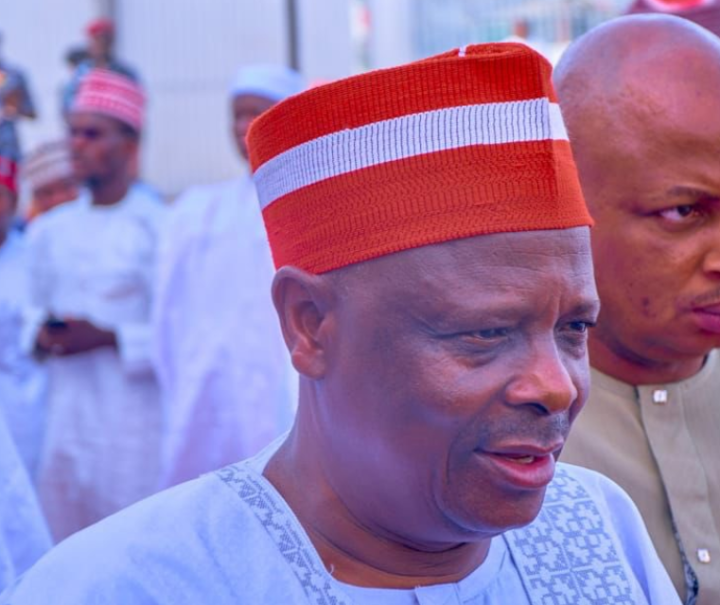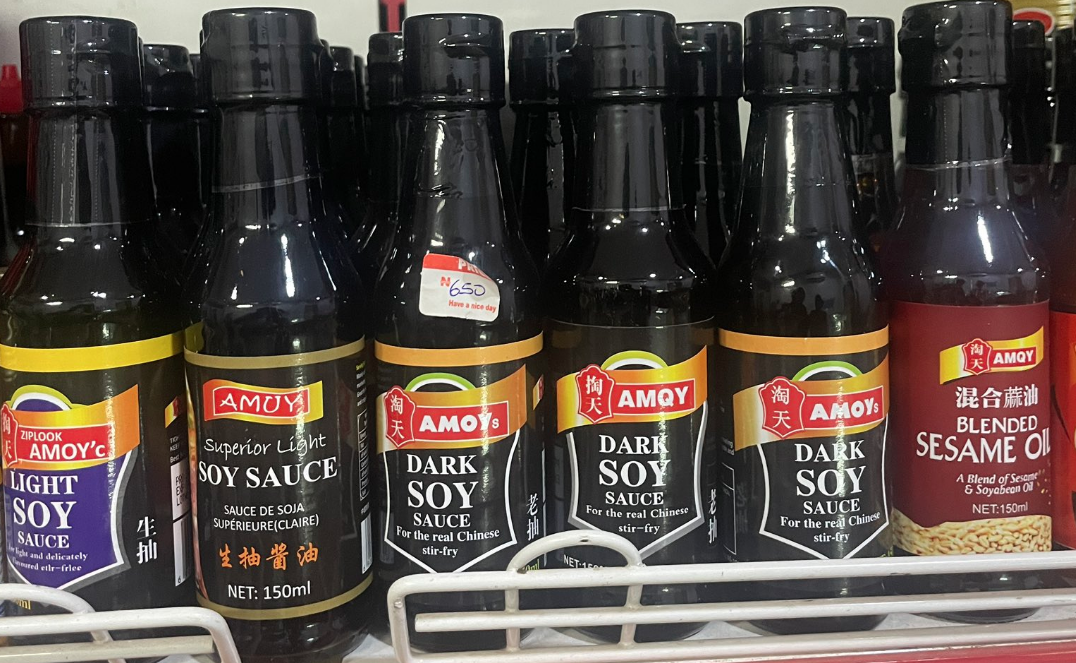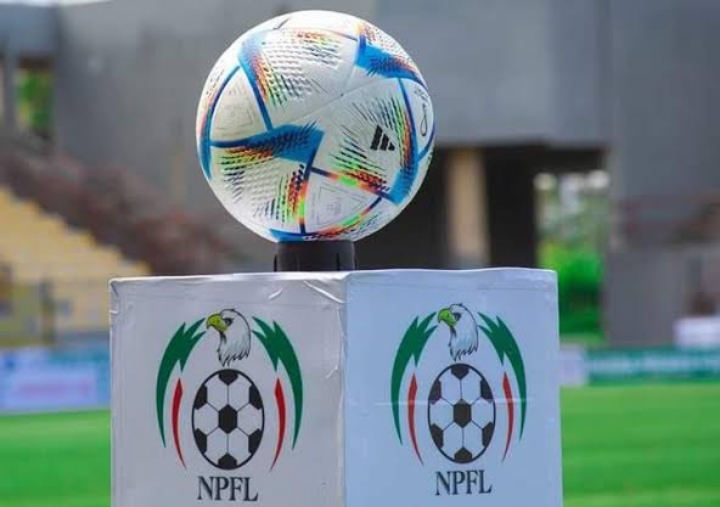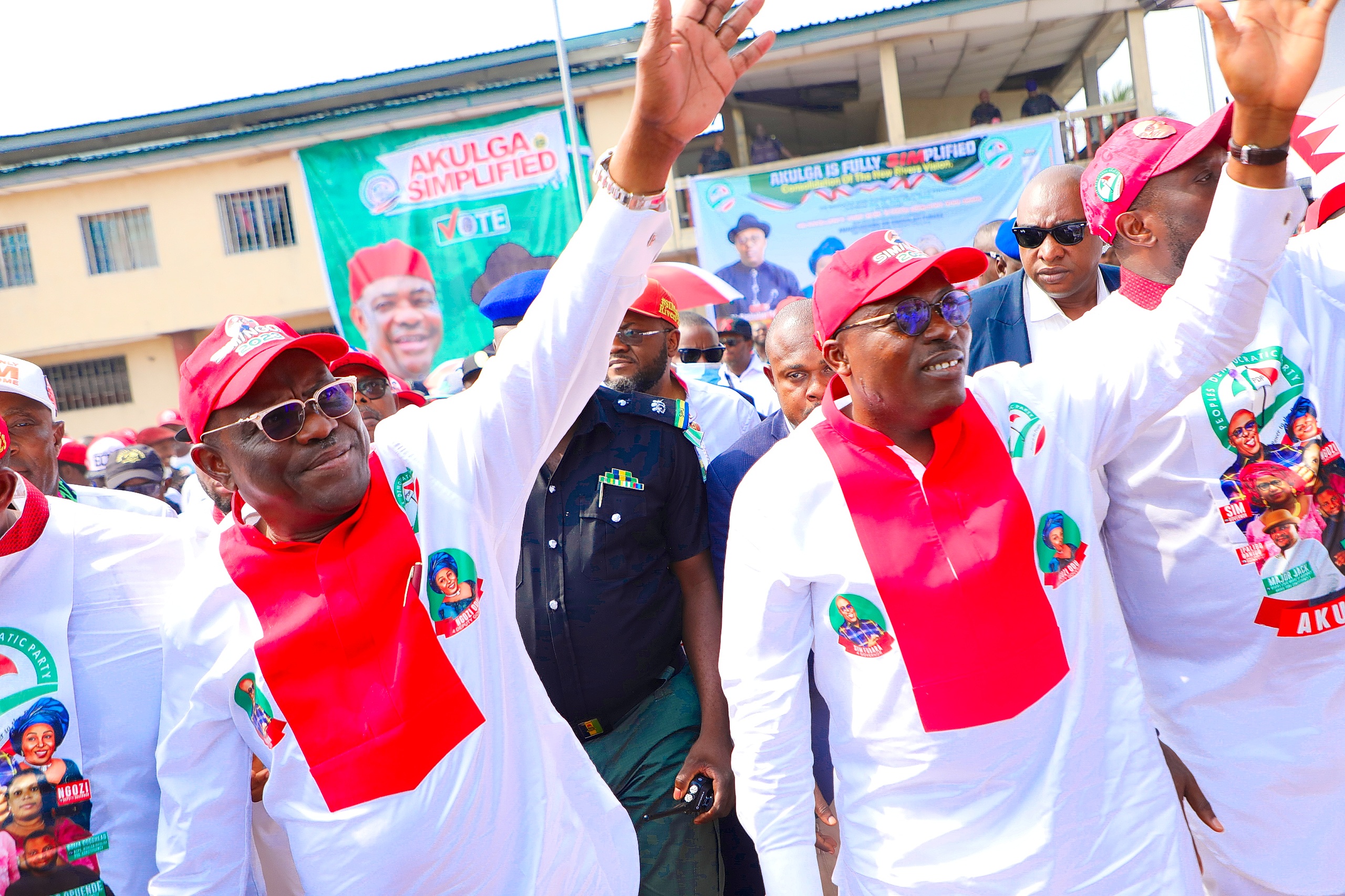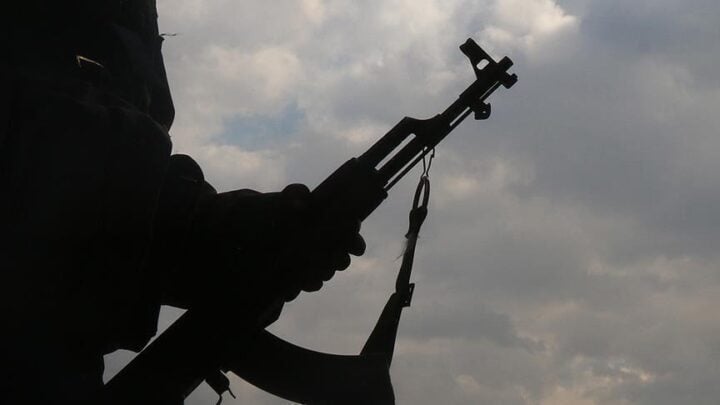The legendary German philosopher and my intellectual ancestor, Karl Marx, said in 1843 as a passing remark in the introduction to one of his works of philosophical criticism, “Religion is the opium of the masses”. Hardly, then, did he or others around him know that a phenomenon, called football, would come, and usurp the status of religion in that regard. This is so, especially in Nigeria where the masses have so much trust in religion, but have lately got disappointed. No thanks to the infiltration of religious ministration by pseudo clergymen — scammers masquerading as “men of God”.
Sports (especially football), meanwhile, have come to take over the role of being the opium of the masses. For instance, whenever any of the country’s national teams are involved in a match, or any of our athletes are involved in any competition outside the shores of the country, our ethno-religious divides become blurred; the pains of hiked pump price become deadened; politics (especially of bitterness) take the back seat, as we muster as much support as possible to ensure they come out triumphant. So Nigerians have come to adopt sports as the opium of the oppressed, and pauperised masses. So, what happens to football, being the most popular sport in Nigeria, playing the role of an opium, at this very trying moment of our national economic hardship, would not fail to attract our attention. Having written about sports a couple of times in about a month lately including the penultimate week, I crave the indulgence of my esteemed readers to permit me to, once more, devote this week to the state of “the beautiful game” of football.
As our national senior men’s football team prepares for the “2023 African Cup of Nations” (AFCON) coming up in Côte d’Ivoire, between January 13 to February 11, 2024, Nigerians (including, yours sincerely) are worried about the form of the Super Eagles. To further compound the worries, the Super Eagles have failed to win any of the first two 2026 World Cup qualifying matches against two minnows — Lesotho and Zimbabwe, playing out a 1-1 draw with each of them. Yet, Nigerian players dominated the recently organised award gala by the Confederation of Africa Football (CAF). So, as things are, at the moment, no one is convinced that the Eagles will be able to put up a performance that will be befitting of their reputation as one of the favourites, let alone, win the competition for the 4th time.
The CAF Award 2023, which was held in Marrakech, Morocco, has come and gone and Nigeria, unlike in recent past editions, stole the show. The African Footballers of the Year, both men’s and women’s categories were won by Victor Osimhen and Asisat Oshoala respectively. While the best goalkeeper award (female category) went to Paris FC shots-stopper, Chiamaka Nnadozie. And the Best Female National Team of the Year award went to the Super Falcons of Nigeria. This is even though they (the Falcons) were unable to win the last (2022) African Women’s Cup of Nations (AWCON). They did not have the best of preparations for the 2023 FIFA Women’s World Cup, held in Australia and New Zealand. Yet, they emerged the highest-ranked African country, at the quadrennial global tournament, placed 10th, after ending the group stage unbeaten, with a famous victory over the co-hosts, Australia, to boot. The Falcons are also the highest-ranking African national female football team per the latest FIFA ranking. They ranked 34th on the global list.
Advertisement
On the CAF individual award, Osimhen is the first Nigerian to clinch the greatest African individual award in football in recent times, after Kanu Nwankwo last did in 1999. The lanky striker plays for the Italian Serie A side, SSC Napoli, with and for whom he won the Scudetto for the first time in over three decades, and the third time in their history. He equally won the highest goalscorer award (Capocannoniere) for the 2022/23 season, scoring 26 goals in 32 appearances—the first African to do so in the history of the league, and the first player after Zlatan Ibrahimovic to win both the Scudetto, and the Capocannoniere (the highest goalscorer) in the same season (in 2008/09).
The Lagos-born lad emerged as the fourth Napoli player to win the Capocannoniere award, after the late Argentine legend, Diego Maradona, Uruguayan Edison Cavani, and another Argentine, Gonzalo Higuain. He, in the process, broke all the goal-scoring records set by some African legends like George Weah, Obafemi Martins, and Samuel Samuel Eto’o, who had graced the Italian Serie A, even before he was born. He broke George Weah’s record of 46 goals, the all-time highest African scorer in the Serie A, which had stood since 1999. The 24-year-old also netted ten times in four Africa Cup of Nations (AFCON) qualifier matches, helping Nigeria reach next year’s finals. Barely 24 hours after nicking the coveted award in Marrakech, he’d gone ahead to score one goal in the UEFA Champions League against Braga, and one other goal plus an assist in the Serie A against Cagliari last Saturday. It is, therefore, safe to say that, he’s commenced work towards retaining the next edition of the award.
Meanwhile, Asisat Oshoala who plies her trade in the Spanish Femeni Laliga with FC Barcelona Femeni, won the best African female footballer of the year for a record six-time. She was very instrumental in the team’s run to the UEFA Women’s Champions League triumph, last season, in addition to the Spanish national league. She also scored a fantastic goal against Australia in one of the group matches at the last World Cup. Furthermore, she scored 27 goals in 40 appearances for Barcelona in the outgone season.
Advertisement
Talking about the lady with magnetic palms, Chiamaka Nnadozie, her stats are conspicuous not to be noticed, as far as saves, from the 12-yard (penalty) is concerned. In this ongoing season’s UEFA Women’s Champions League alone, she’s saved no fewer than four penalties for her team, Paris FC—two against the Arsenal ladies, one against Wolfsburg, and another save against Real Madrid Femeni, shortly after winning the CAF best goalkeeper Award. By those performances, she has, beyond any reasonable doubt, proven that her penalty-saving feats are no fluke. Meanwhile, breathing down her neck in the Super Falcons team is her deputy, an equally good Tochukwu Oluehi, but Nnadozie seems to have named the Falcons’ number-one goalkeeping position after herself for the time being.
In the men’s category of the CAF’s Best Eleven of the year, Osimhen made it, while the Falcons have three representatives in veteran defender, Osinachi Ohale, US-based Mitchelle Allozie, and of course, the “African Queen”, Asisat Oshoala, in the CAF women’s team of the year. Petite, but combative midfielder, Deborah Abiodun made the final-three shortlist of “Young Player of the Year” in the female category but she was not so lucky to win this time. That is, however, not to say that the world is not hers to conquer in the not-too-distant future, barring any unforeseen circumstance beyond human control.
While Nigerians, home and abroad, as well as lovers of Nigerian football across the globe, celebrate these feats, beneath the cacophony of congratulatory messages coming the way of the winners, lies an ugly signal, pointing in the direction of the country’s football administrators’ ineptitude. That Nigerian players dominated the award, reiterated the fact that the country has the talents with the potential to be world beaters. All that is missing is the managerial acumen of those saddled with the responsibility of administering the game in the land, to harness these potentials and transform them into a formidable national team that would become serial winners on the international stages (World Cup and AWCON). The fact that our players are doing well for themselves at their respective club sides, and winning individual accolades across leagues in Europe and beyond, without a commensurate level of success with the national team is a massive sign that football administrators in Nigeria are not on duty. No pun intended.
Look at the “Bayana Bayana”—the South African women’s national team for instance; they do not have more than Thembi Kgatlana as a superstar, but they have a very strong and cohesive team that is very difficult to break down. Remember, they’re the defending African champions, per the last AWCON held in Morocco. Morocco and Zambia are also not far off, as they won the silver and the bronze medals respectively in the last edition. Out of the 14 AWCONs played so far, Nigeria has won 11, while the remaining three were shared among Ghana, Equatorial Guinea, and South Africa. The successes of the Coach Desiree Ellis-tutored Bafana Bafana team lately are not unconnected with the robust football administrative structure, put up in the rainbow nation to oversee the running of the game. It was, therefore, no coincidence that the coach was named the best female coach of the year at the CAF gala in Marrakech. About three of their players also made the CAF team of the year.
Advertisement
Imagine the Nigerian players, male and female, scattered across the world, have such an administrative luxury of competence and sagacity; the sky would be the starting point rather than the limit. The successes of Osimhen, Oshoala, Nnadozie, the Super Falcons, Abiodun, Allozie and Ohale are, therefore, an indictment of the Nigerian Football Federation’s (NFF), competence, and vision to transform the country’s various national teams into regional and global champions.
As we speak, the Super Falcons do not have a substantive coach. The NFF acted as if they were not informed about when the contract signed by the immediate past coach, Randy Waldrum, would expire. They behave, as though, they do not have a copy of the contract papers, containing such details as the date of expiration. I have yet to wrap my head around why it (the expiration of the contract) met them unprepared. Even, the Super Eagles, who have a semblance of a substantive coach in José Peseiro with a subsisting contract, are no longer able to out-score opponents like Lesotho and Zimbabwe, regardless of whether they play at home or away. These are countries ranked about a hundred places below Nigeria, per FIFA ranking.
Grapevine has it that, the coach, Peseiro is being owed a backlog of salaries running into about six months. The coach was quoted in a viral report recently, as he replied to one of the federation’s board members, to have said that the NFF should pay him his outstanding salaries, rather than teaching him his job. There has neither been a confirmation nor a denial from the Glass House, whether or not, the Portuguese tactician is being owed. That signposts the tardiness of those in charge of the country’s football administration.
If Nigerian players could be so good, to win the Best African-Players-of-the-Year award, then the only thing that can stop them would either be their level of patriotism and commitment to the course of the national team, or the shambolic administration by the NFF. The next African Cup of Nations is less than 30 days away yet, the team does not have a goalkeeper that could keep the blood pressure of Nigerians at an optimum level. The erstwhile “number one” Francis Uzoho has spent the last couple of years denting his curriculum vitae with the national team. But hardly can anyone blame him because we have a non-resident (visiting) national team coach, who comes into the country, three days before an international assignment and then leaves immediately after the match. He had hardly watched any league match in the Nigerian Premier Football League (NPFL). So, how and where would he unearth the next Vincent Enyeama, Best Ogedemgbe, Peter Rufai, Ike Shorunmu, or Emmanuel Okala, who would keep Uzoho on his toes? To make matters worse, there is no focused federation to reign him in. All they’re interested in is foreign trips that come with juicy estacodes.
Advertisement
So, if our players could be that successful at individual levels, without a commensurate level of success with the national teams, then NFF and other administrators of the game in the land stand indicted of incompetence. It is an indictment of the football administration in Nigeria that the country’s dominance at the CAF award gala could not translate to laurels for the national teams both at the African and global levels. The NFF, the ministry of sports development, and other critical stakeholders in the country’s footballing cycle stand indicted of crass ineptitude.
Abubakar writes from Ilorin. He can be reached via [email protected].
Advertisement
Views expressed by contributors are strictly personal and not of TheCable.
Add a comment

